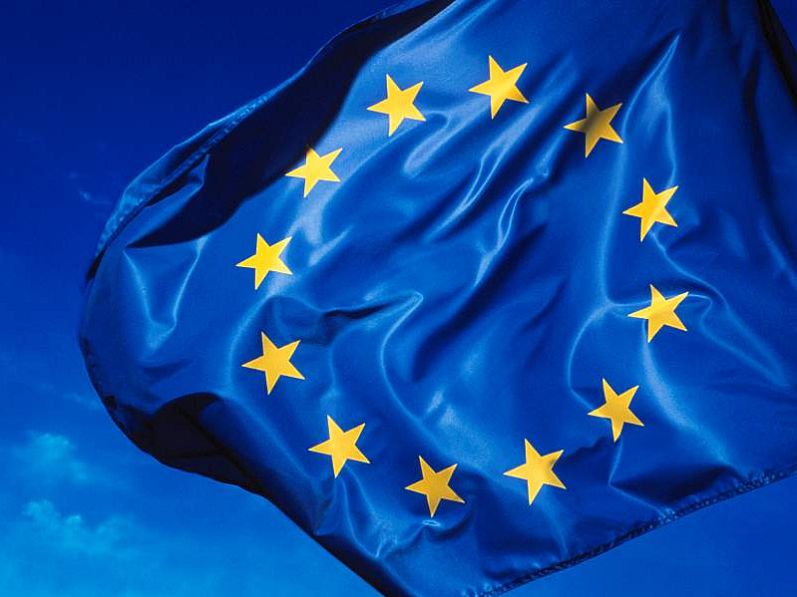The Labour Party have said they want to keep the UK signed up to the EU Charter even after Brexit. What is it and why is it different to human rights?
What is the EU Charter?
The EU Charter sets out certain political, social and economic rights that the EU Institutions and bodies of the Union must respect when exercising their powers. This means that the European Council, the European Parliament, the European Court of Justice, and any other body or institution of the European Union must respect these rights when they are making laws, deciding cases, or acting in their official capacities.
However, Member States, such as the United Kingdom, need only respect these rights when they are implementing European Union law. This means that the UK only needs to take the rights into account when it is incorporating some part of EU law into its national law. That is relatively rare, though can involve some important areas like immigration and employment laws.
Is it binding on the UK?
So, the EU Charter is binding on the UK, but only when the UK is implementing EU law. Take a look at how the UK does this here. The UK adopts, or inserts, certain EU laws into UK law in the same or similar form as the European Parliament directs. It has agreed to do this when it signed up to various EU Treaties. Here’s an example. In 2004, the UK created the Environmental Information Regulations, which directly implemented the European Law on public access to environmental information. It did this seamlessly, without changing a thing, and as a result we now have the ability to request environmental information from public authorities.
The EU Charter can be a powerful tool in the courts, though only applying to limited situations. Early in 2015, the Court of Appeal used the Charter to strike down a law that took away employment rights from employees at Sudanese and Libyan embassies.
Hey, isn’t this the same as the European Convention on Human Rights?
The European Convention on Human Rights is a different kettle of fish (see our explainer post). It has very little to do with the European Union (although the EU and Strasbourg do interact with each other) and is an international treaty the UK and other European countries signed up to after World War II to prevent the atrocities in that war from happening again. It is rights-focused and sets out the top most important rights considered by the draftsmen (who included British drafter Sir David Maxwell-Fyfe) to be worth protecting in the years to come. It includes the right to life, the right not to be tortured, the right to respect for your privacy, the right to marry and many more (see Your Rights). While the EU Charter replicates these, and even adds in some new rights, it only applies in the narrow circumstances described above, namely when EU officials are acting in their official capacity (this includes MEPs, Judges of the Court of Justice of the European Union, Civil Servants etc.) and when Member States (such as the UK, France, Belgium etc.) are implementing EU law.
This means that when the UK Government is acting in any other capacity – i.e. when it is making its own laws on the national budget or migration – it does not need to look at the Charter of Fundamental Rights.
So they’re not the same thing?
No. As things stand, the Human Rights Act 1998 (see our explainer) puts public authorities, like government, police and judges, under an obligation to act consistently with the rights set out in the European Convention on Human Rights. There is no such requirement with relation to the European Charter of Fundamental Rights.







